Wat Arun Buddhist Temple วัดอรุณราชวราราม ราชวรมหาวิหาร, Thailand (1656-1688)
Artist/Designer:
Project Location: Bangkok, Thailand
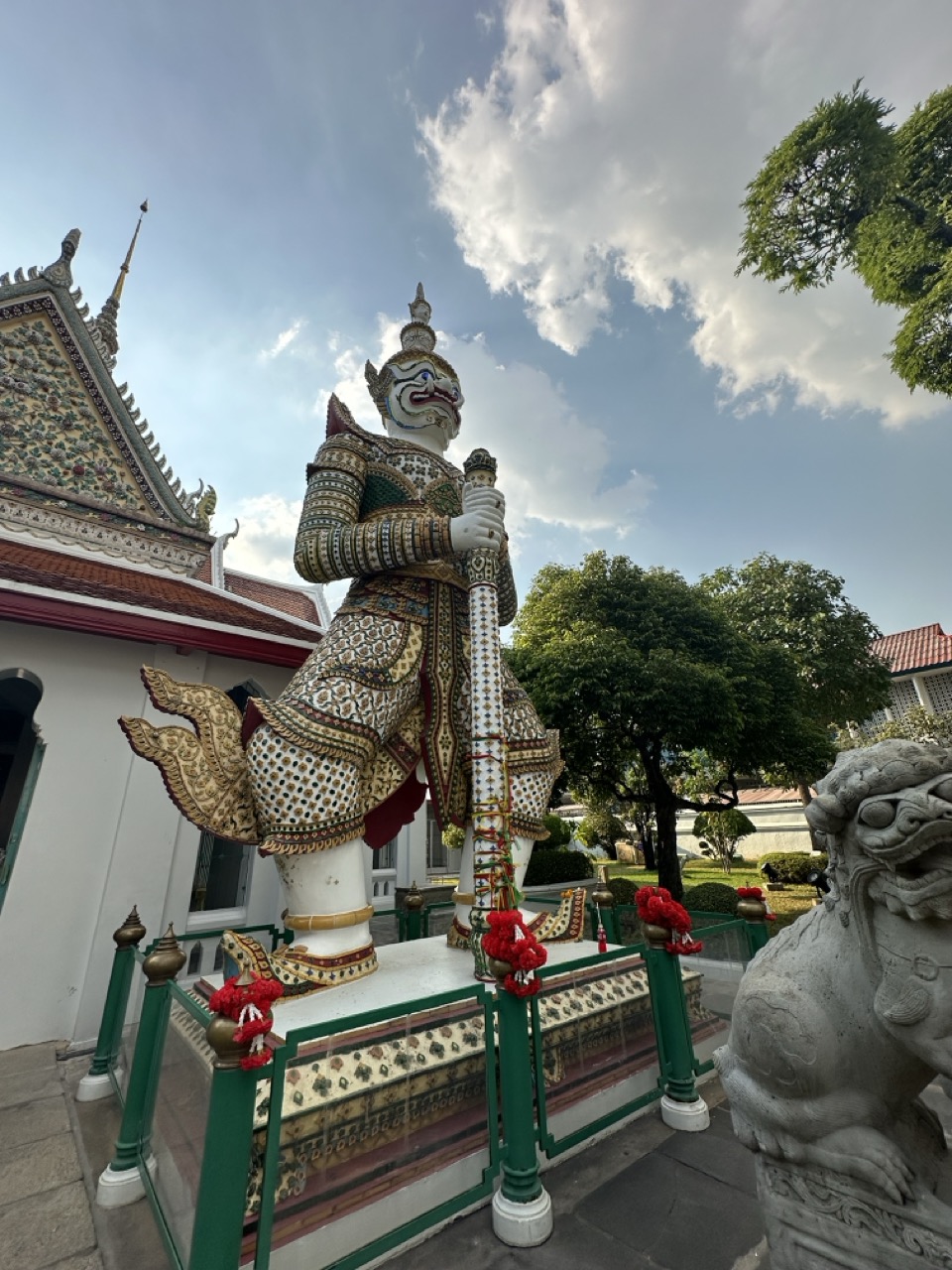
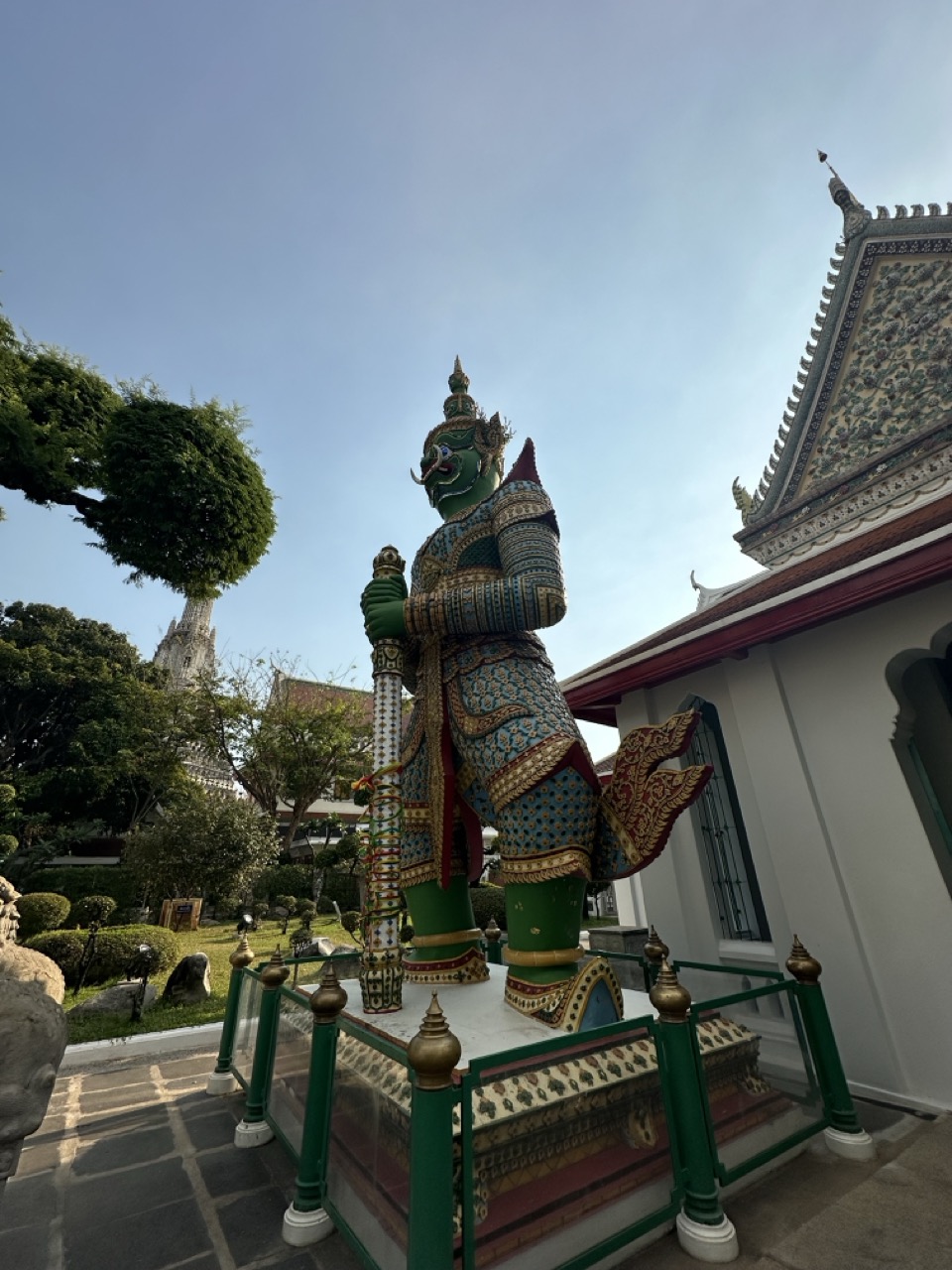
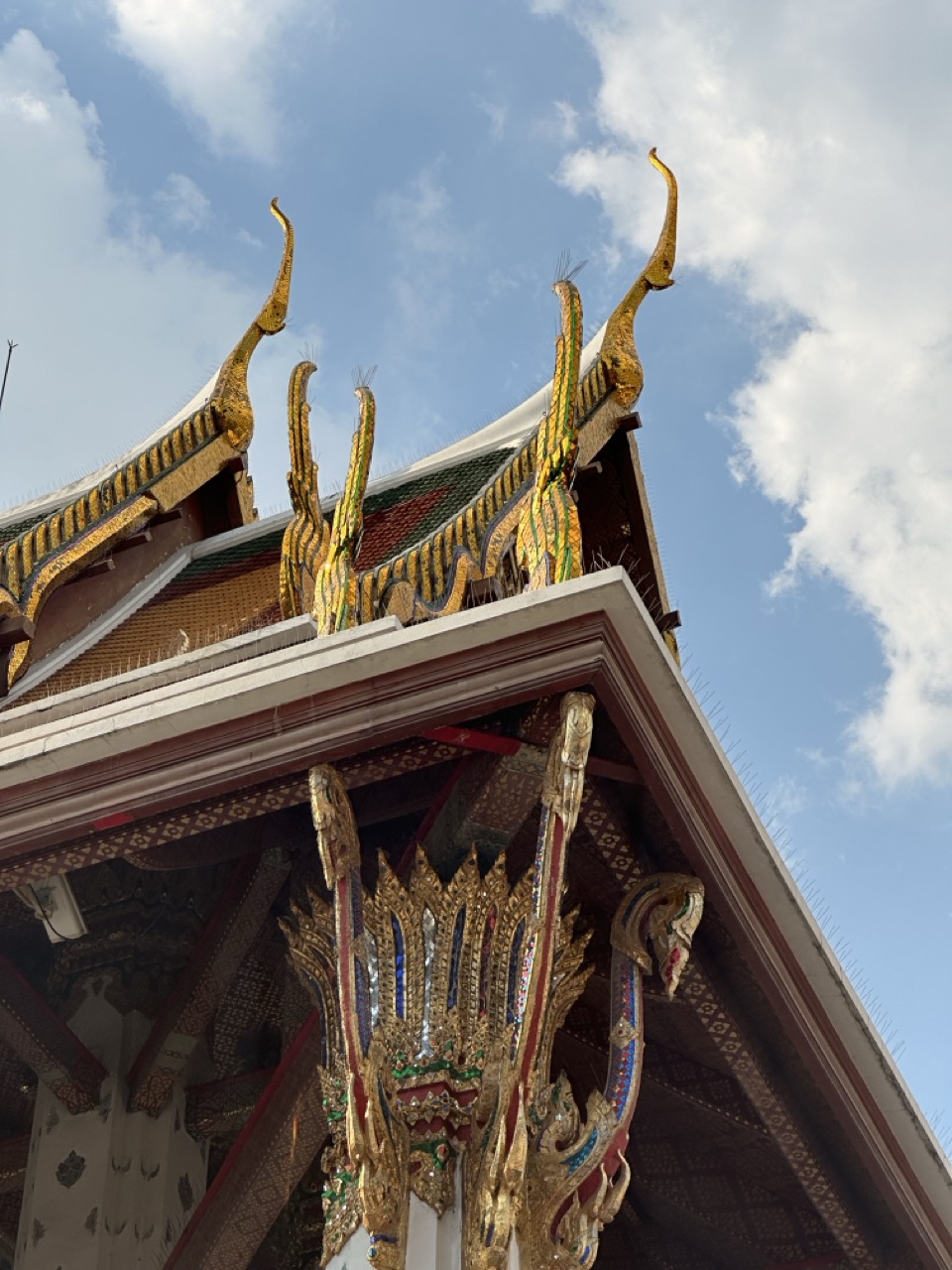
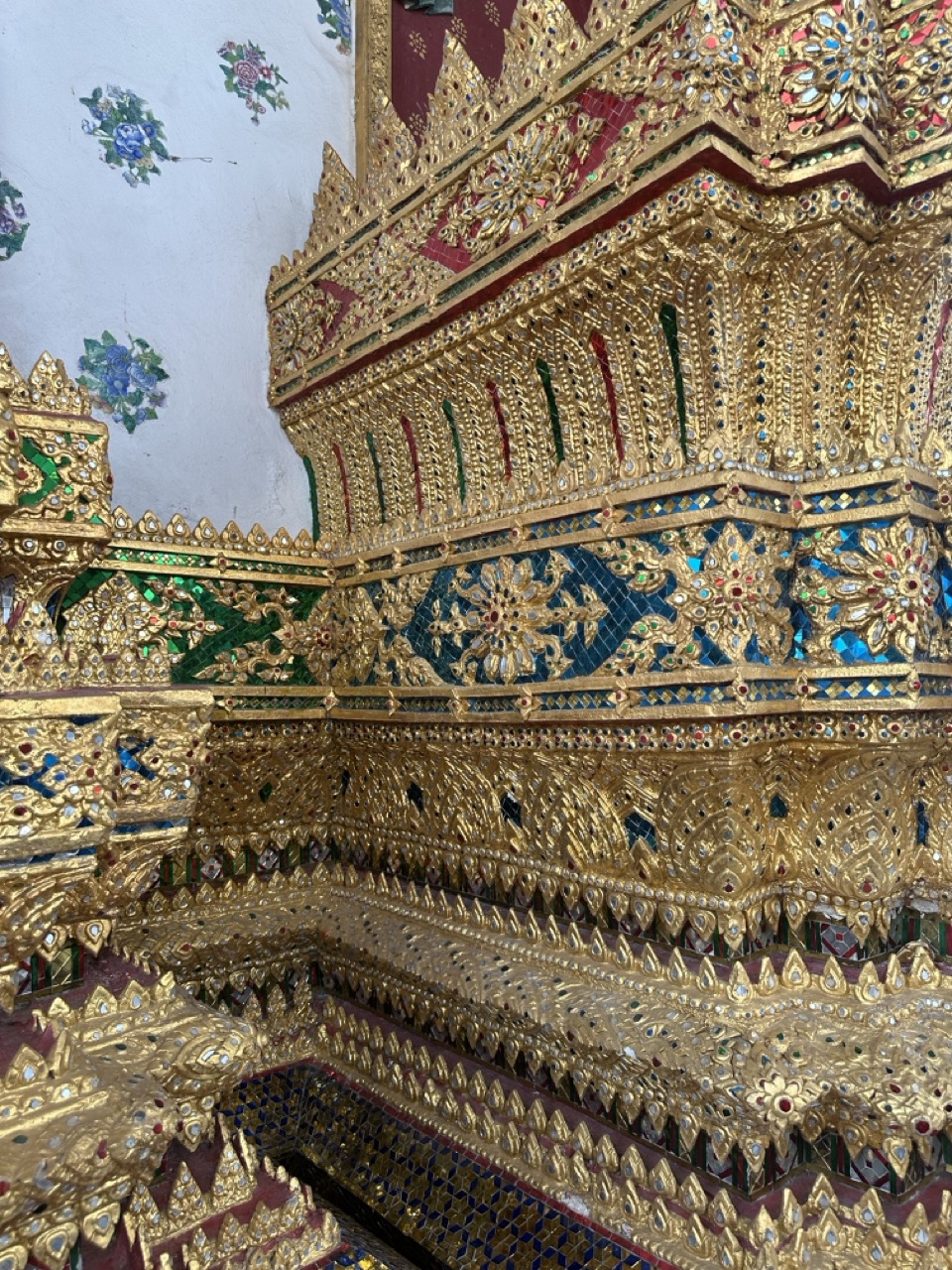
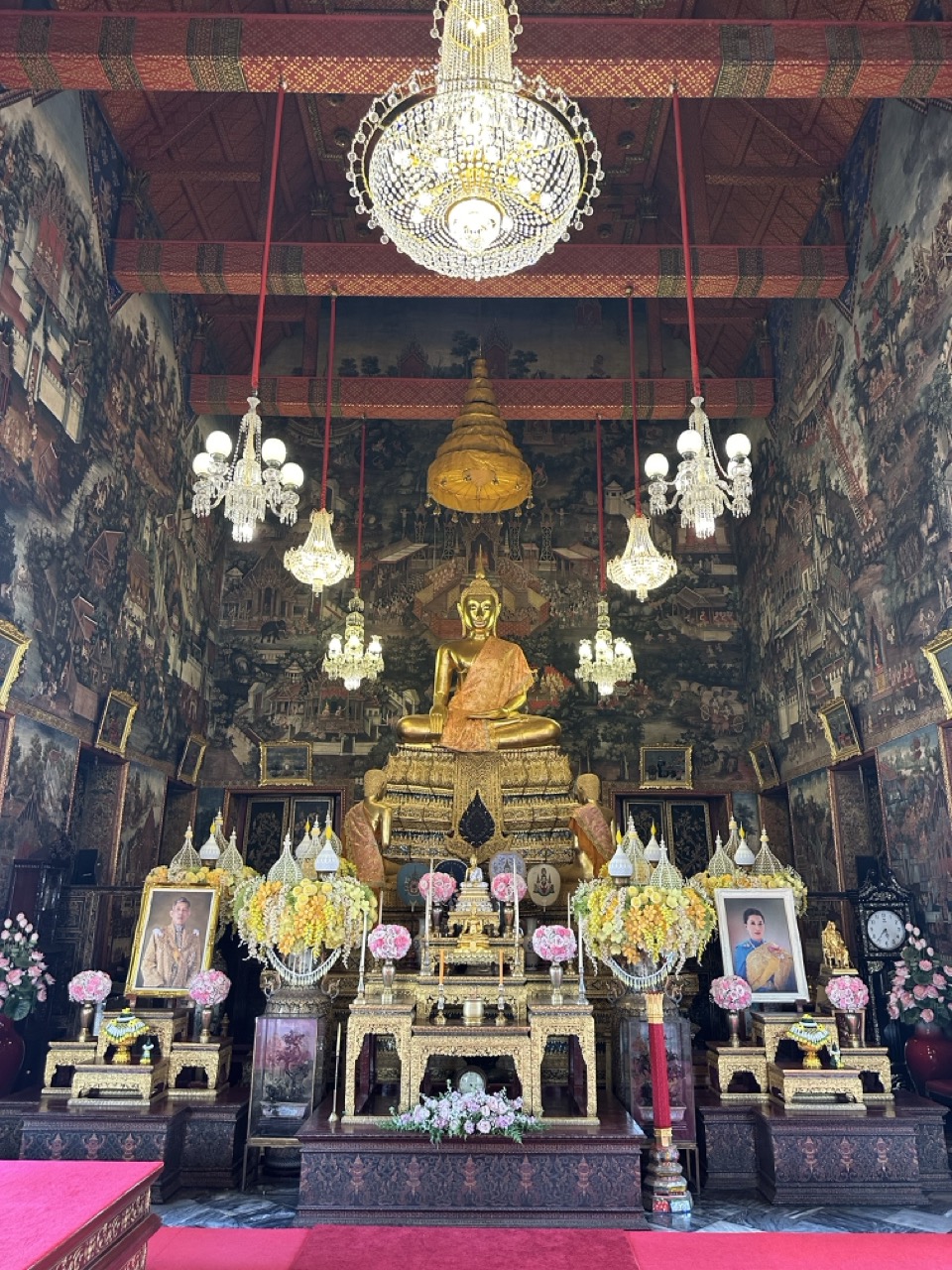
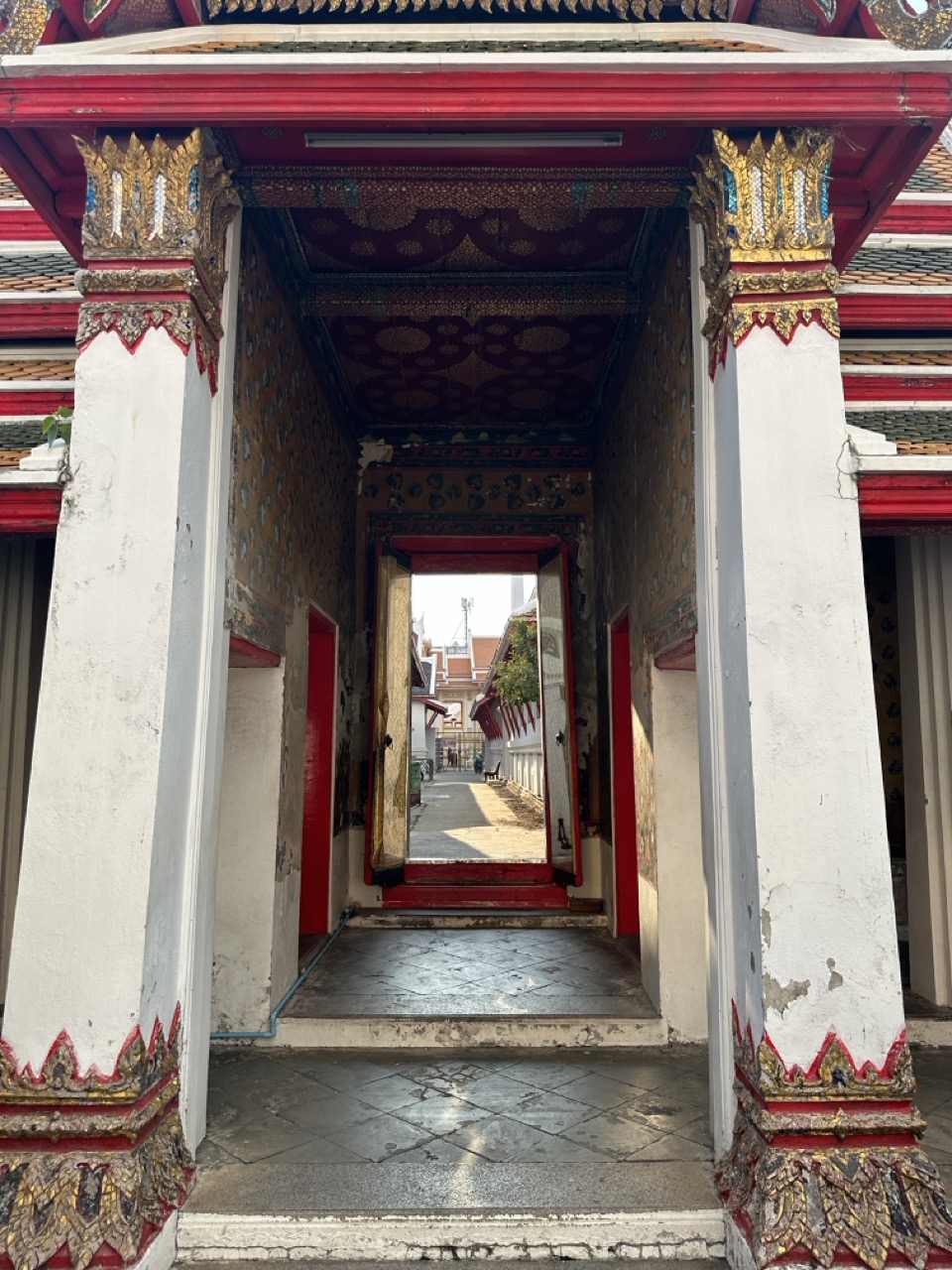
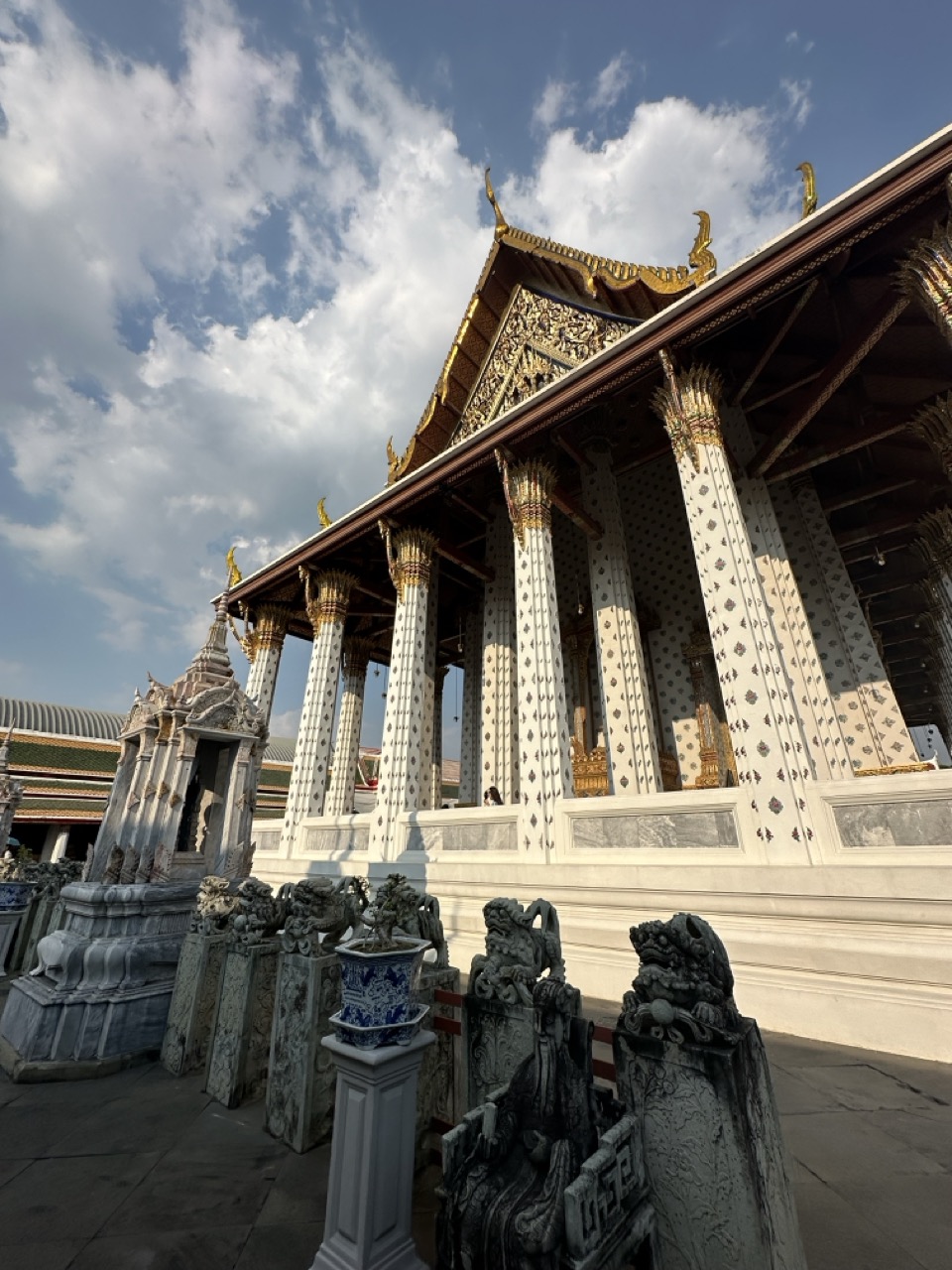
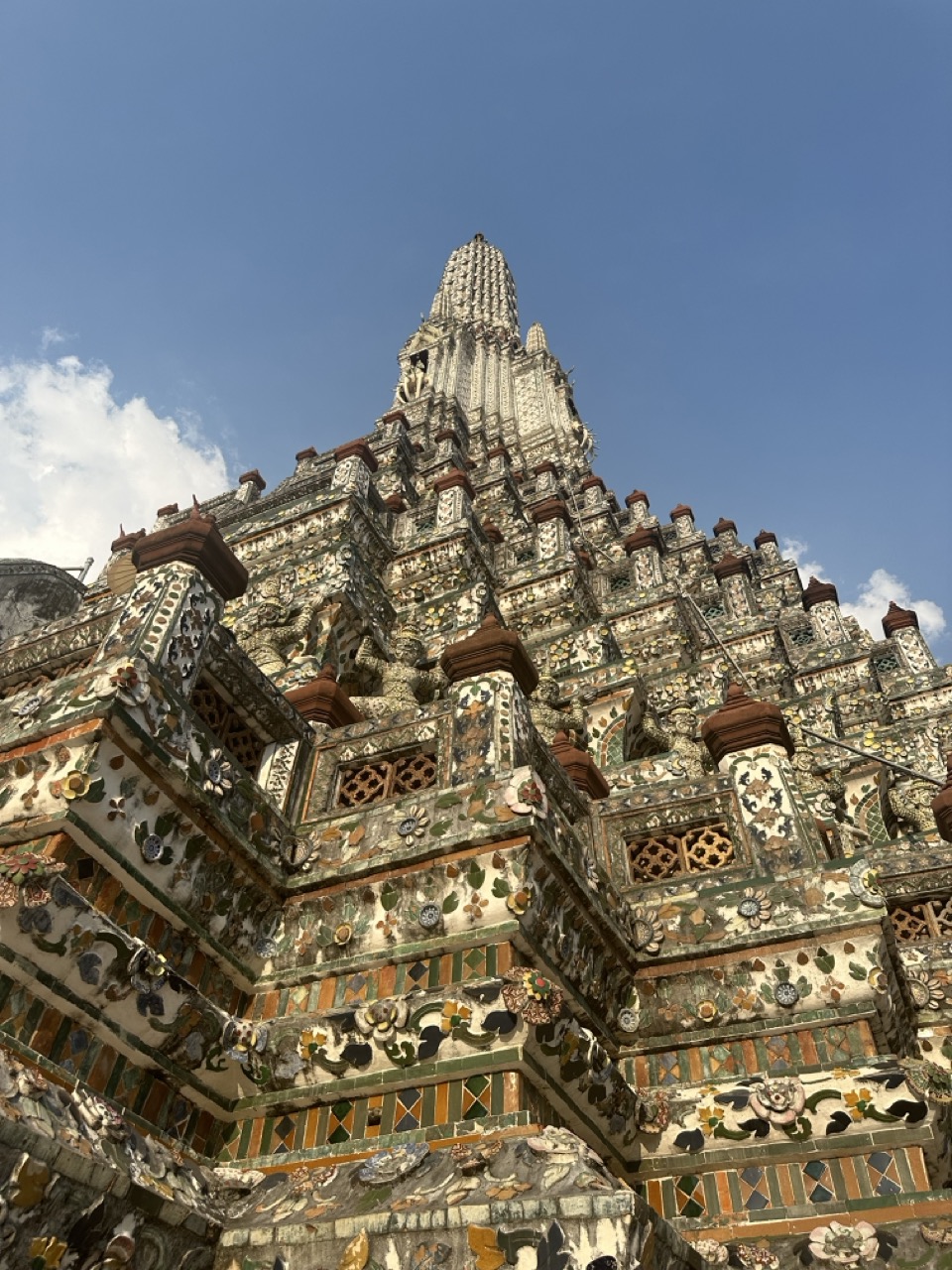
Style/Period(s):
Traditional
Primary Material(s):
Clay, Concrete, Fabric, Fresco, Lacquer, Metal, Silk, Stone, Stone: Marble, Tile, Wall Paper
Function(s):
Religious Building, Buddhist Temple
Related Website(s):
Significant Date(s):
17th Century
Additional Information:
Significant Date(s):
1767-1782 - Taksin renames temple as Wat Cheng.
1809-1824 - The temple was restored by Rama II. The main pagoda was raised 70 meters.
1851 - The main prang was completed after 9 years of continued reconstruction.
1980 - The temple undergoes major reconstruction under the reign of Rama V Chulalongkorn.
2013-2017 - A major restoration of the prang was completed between 2013-2017.
Additional Information:
Publication/Texts in Print:
Polprateep, Kanjanaphorn. "INTERPRETATION OF WAT ARUN RATCHAWARARAM (THE TEMPLE OF DAWN): THE APPLICATION OF SUSTAINABLE CULTURAL TOURISM PRINCIPLES IN AN INTERPRETIVE PLAN." PhD diss., SILPAKORN UNIVERSITY, 2010.
Kramphaibul, Pornthip. THE" BOT": BUDDHIST ARCHITECTURE IN THAILAND. California State University, Long Beach, 1977.
Baker, Chris. "The Philosophical Constructs of Wat Arun by Chatri Prakitnonthakan." The Journal of the Siam Society 102 (2014): 314-316.
Ruxpaitoon, Kanakarn, and Thitiporn Lertrusdachakul. "Color analysis on the symbolic temple of king in Chakri dynasty of Thailand." In 2019 11th International Conference on Knowledge and Smart Technology (KST), pp. 17-22. IEEE, 2019.
Building Location:
158 Thanon Wang Doem, Khwaeng Wat Arun, Khet Bangkok Yai, Krung Thep Maha Nakhon 10600, Thailand
Viewers should treat all images as copyrighted and refer to each image's links for copyright information.